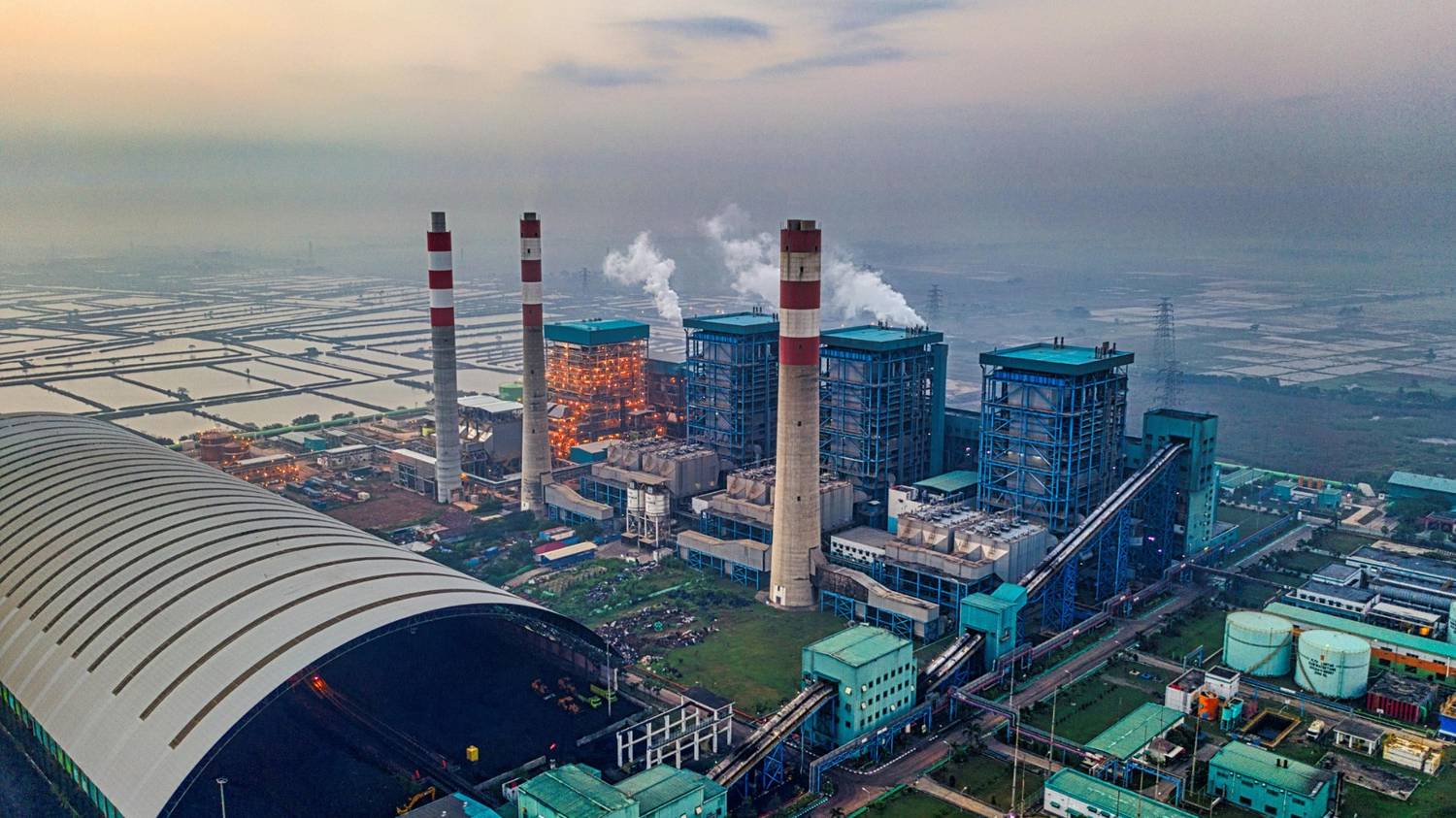
Setting Up a Solar Manufacturing Plant in India: A Comprehensive Guide
As the global demand for renewable energy continues to rise, India has positioned itself as a key player in the solar energy sector. The government’s push for clean energy through initiatives like Make in India and Atmanirbhar Bharat has made it a prime location for establishing solar manufacturing plants.
India’s solar manufacturing sector offers vast opportunities, driven by favorable government policies, a growing market, and a strong push towards sustainability.
In this article, we will walk through the key steps and considerations for setting up a solar manufacturing plant in India, exploring everything from the regulatory framework to infrastructure, market potential, and financing options.
Why Set Up a Solar Manufacturing Plant in India?
India is rapidly becoming one of the world’s largest solar energy markets. The country has set an ambitious goal of achieving 500 GW by 2030. This aggressive target for renewable energy opens numerous opportunities for solar panel manufacturers.
Establishing a solar manufacturing plant in India allows businesses to tap into a growing domestic market while also taking advantage of India’s competitive production costs and favorable government policies.
India’s demand for solar energy is driven by a combination of factors, including a large population, growing electricity consumption, and a need for sustainable energy solutions.
Additionally, the Indian government offers tax incentives, subsidies, and duty-free imports for solar components, making it an attractive destination for solar manufacturers.
What are the Key Steps to Set Up a Solar Manufacturing Plant?
Setting up a solar manufacturing plant in India requires a structured approach that covers everything from legal formalities to choosing the right location.
Here are the key steps involved:
1. Market Research and Business Plan
You should conduct thorough market research before setting up a plant. It includes analyzing both domestic and international solar product demand. Make sure you understand your competition, pricing, and customer preferences in order to define your target market effectively.
Once you have a clear understanding of the market dynamics, the next step is to prepare a solid business plan. This plan should include financial projections, manufacturing processes, procurement strategies, supply chain management, and key milestones.
A well-structured business plan is critical for obtaining financing and ensuring long-term business sustainability.
2. Choose the Right Location
There are a number of options available in India for setting up solar manufacturing plants. Location is crucial to the success of your venture, as it impacts logistics, access to raw materials, labor, and infrastructure. Some regions, like Gujarat, Tamil Nadu, and Uttar Pradesh, have emerged as key hubs for renewable energy projects, offering both proximity to solar farms and well-developed infrastructure.
It’s also essential to consider the availability of skilled labor and proximity to key suppliers of raw materials, such as silicon and aluminum. In addition, look for areas with special economic zones (SEZs), where businesses can benefit from tax incentives and customs exemptions.
3. Legal and Regulatory Compliance
Setting up a solar manufacturing plant in India requires compliance with various local, state, and national regulations.
The following key steps should be taken:
- Register your business: Choose a suitable legal structure for your business, whether it’s a private limited company, public limited company, or partnership.
- Environmental Clearance: A solar manufacturing plant involves the use of chemicals and energy-intensive processes. You will need an environmental clearance from the Ministry of Environment, Forest and Climate Change (MOEFCC) to ensure that your plant adheres to environmental regulations.
- Licensing: You will need a factory license from the Factory Inspectorate to operate legally. Additionally, you will need to comply with safety regulations under the Factories Act, 1948.
- Customs Duty and Tariffs: India has implemented policies that favor the domestic manufacturing of solar panels, but it’s crucial to stay updated on import duties and tax incentives that could affect the cost of production.
4. Procure Equipment and Technology
Once the regulatory groundwork is laid, the next step is sourcing the necessary equipment and technology for manufacturing solar panels. The production process involves several stages, including silicon wafer production, cell manufacturing, and module assembly.
You’ll need to invest in high-quality machinery for:
- Wafer Cutting
- Solar Cell Production
- Module Assembly
- Testing and Quality Control
It’s important to source high-efficiency equipment to ensure the quality and longevity of the panels. You may also want to consider automation to improve production efficiency and reduce labor costs.
5. Set Up a Robust Supply Chain
A successful solar manufacturing plant depends on having a reliable and cost-effective supply chain. Establish strong relationships with suppliers of raw materials like silicon, glass, frames, and electrical components. Develop a reliable logistics network to prevent delays in production.
Moreover, focus on quality control and waste management to reduce defects and ensure that every solar panel meets international standards.
6. Labor and Workforce Management
A skilled workforce is essential for the smooth operation of a solar manufacturing plant. India has a large pool of engineers and technicians trained in electronics and manufacturing, but specialized training may be required to handle solar-specific processes.
You should also focus on providing a safe working environment, with safety measures in place for handling heavy machinery and toxic chemicals. As your plant grows, you’ll need to manage labor effectively to ensure productivity and minimize attrition rates.
Government Support and Financing Options
The Indian government offers several incentives to encourage the growth of the solar manufacturing sector. Schemes like the National Solar Mission (NSM) and Atmanirbhar Bharat offer financial support, subsidies, and tax benefits.
You can also explore financing options like government-backed loans, bank financing, and green bonds for the capital required to set up the plant.
1. Tax Incentives
The Indian government provides various tax incentives for solar manufacturers, including exemptions on import duties for solar components, accelerated depreciation benefits, and custom duty exemptions for machinery used in manufacturing.
2. Grants and Subsidies
Several state and central government schemes provide grants and subsidies for businesses investing in solar manufacturing, including the Production Linked Incentive (PLI) scheme for manufacturing solar cells and modules.
Take the Leap into Solar Manufacturing in India
Setting up a solar manufacturing plant in India is a promising venture, supported by a growing demand for renewable energy, government incentives, and a robust infrastructure. The process requires strategic planning, investment in technology, and a commitment to environmental and regulatory compliance.
However, with the right approach, businesses can establish themselves as leaders in India’s rapidly expanding solar market.
For companies looking to establish a solar manufacturing plant, VMS Consultants can assist in engineering, architecture, and project management services. We specialize in guiding businesses through the entire process of setting up efficient and sustainable manufacturing operations.
Let us help you build a future-ready solar manufacturing plant today.





